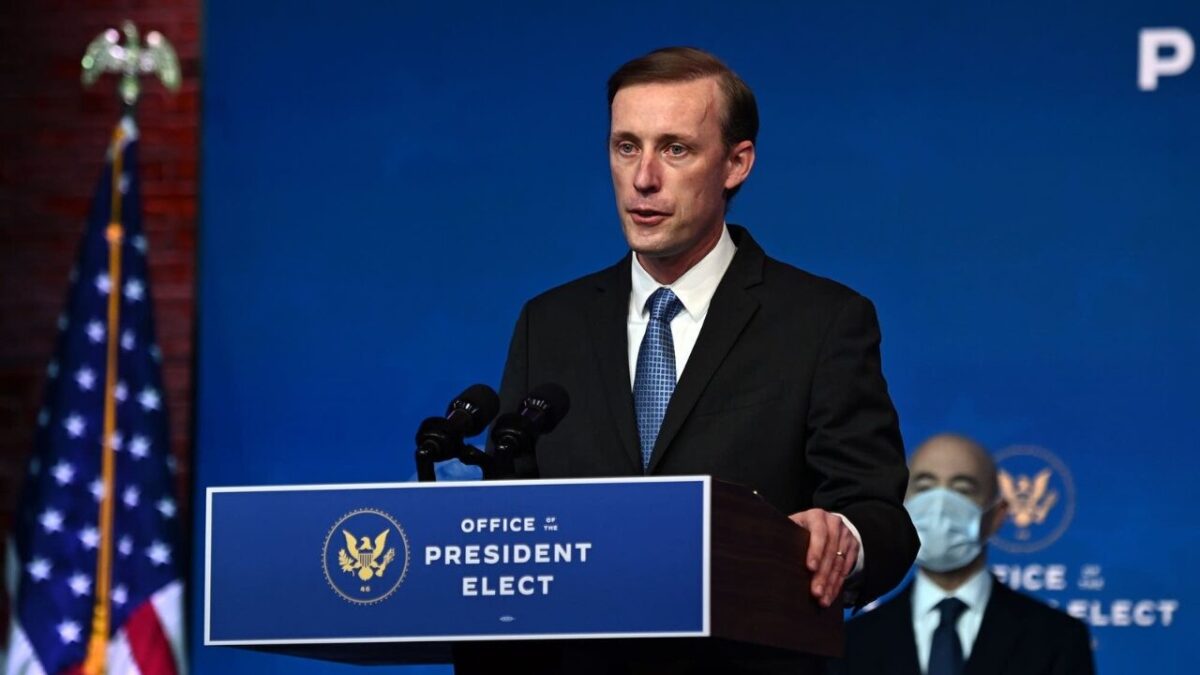WASHINGTON — National Security Adviser Jake Sullivan defended President Biden’s decision to withdraw U.S. forces from Afghanistan, saying the move would be judged favorably by history despite widespread criticism at the time.
In an interview on CNN’s State of the Union during his final week in office, Sullivan acknowledged missteps in the chaotic exit from Kabul but argued that the withdrawal ultimately strengthened the United States’ strategic position.
“The strategic call President Biden made, looking back three years, history has judged well and will continue to judge well,” Sullivan said. “If we were still in Afghanistan today, Americans would be fighting and dying. Russia would have more leverage over us. We would be less able to respond to the major strategic challenges we face.”
The withdrawal in August 2021 marked the end of a 20-year U.S. presence in Afghanistan but was marred by the rapid collapse of the Afghan government and a deadly attack outside Kabul’s airport that killed 13 U.S. service members and more than 170 Afghans.
Critics have warned that the Taliban’s return to power could foster renewed terrorist threats, but Sullivan pointed to the evolving nature of terrorism as a global and domestic issue. He referenced a New Year’s Day attack in New Orleans, saying it underscored the diffuse nature of modern threats.
“The FBI will continue to look for foreign connections, and maybe we’ll find one,” he said. “But what we’ve seen is proof of what President Biden said — that the terrorist threat has become more diffuse and metastasized elsewhere, including from homegrown extremists here in the United States.”
Sullivan also noted that the shift from a concentrated war effort in Afghanistan to a broader counterterrorism approach aligned with evolving global security challenges.
Sullivan argued that the withdrawal allowed the United States to recalibrate its alliances and strategic priorities, particularly in Europe and the Pacific. He claimed the administration had strengthened ties with allies and bolstered the country’s global standing.
“Our alliances are stronger than they have been in decades,” he said.
When asked about his views on President-elect Donald J. Trump’s foreign policy priorities, Sullivan declined to comment, saying he would avoid “armchair quarterbacking” the incoming administration’s approach to issues such as Greenland, Canada, and the Panama Canal.
Sullivan’s remarks come as he prepares to leave his post, having served as one of Biden’s closest advisers during a tumultuous period marked by Russia’s invasion of Ukraine, escalating tensions with China, and a divisive withdrawal from Afghanistan.





